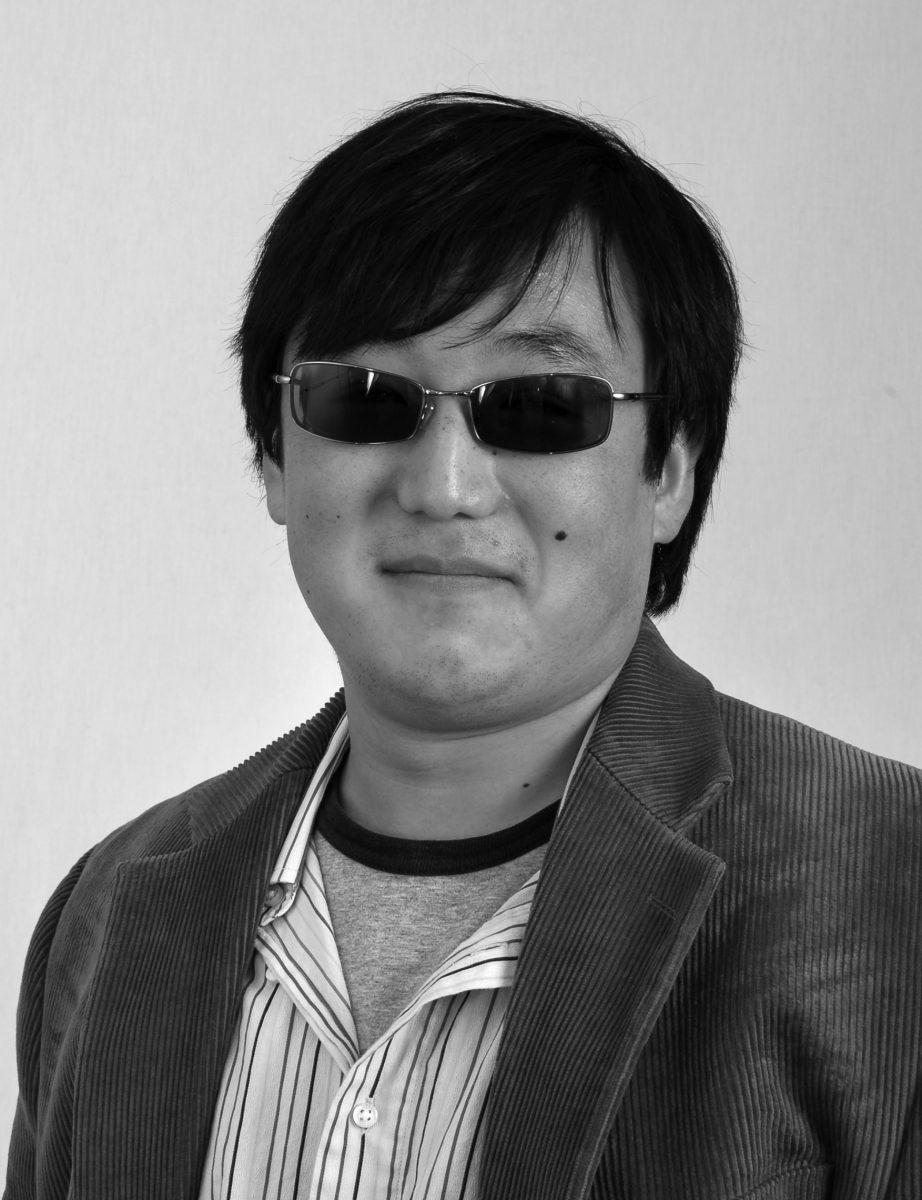Like so many other football fans, I watched the Super Bowl Sunday, though my heart wasn’t really into the game (alas, New York was sadly absent from the big show). I sat through the commercials, which have been sadly on the decline in terms of brilliance, and endured the annoyance of a four-man Colts pass rush (I did not and will never jump on a bandwagon team like the 2009-10 Saints).
Yet after the game, I kept the television tuned to CBS (despite earlier, extremely aggravating issues with the HD signal) and watched the new show “Undercover Boss.” The very loud cynic in the back of my mind said this show was little more than an attempt at good PR for some corporations in the midst of populist anger towards corporate America, and the show’s producers obviously were not going to pick Bank of America or some other equally reviled Wall Street cash cow for the whole “corporate honcho deciding to change his (unlikely her) ways” motif. And of course they went with the overworked, underpaid manager who had her entire family in a house they risked losing to the mortgage crisis.
Cynicism aside, though, it gave me quite a good idea for what a chancellor at N.C. State should do — throw aside the undercover part (unless our new chancellor-elect wants to attempt to come up with some clever cover story) and get out into classes, walk around campus and eat at the same places students eat.
Consider the entire situation with class sizes. If the chancellor-elect took the time to visit two classes a week and stopped to evaluate the effectiveness of decreased numbers of class and increased class size, he would be more able to weigh the benefits and costs of reducing academic budgets. Or if he took an additional half-hour of his day, the chancellor-elect could go to the Atrium for lunch and brave the mass of people waiting in line or trying to find a table.
Students are not the only people the chancellor-elect should try to work more closely with. Much like a corporation, students are the consumers and customers. Like “Undercover Boss,” the chancellor elect should also pay attention to the concerns of his employees: the faculty and staff.
Under former Chancellor James Oblinger’s administration, everyone on campus who wasn’t living under a rock knew about the Mary Easley scandal. But what was truly infuriating to the faculty was the fact that the University was playing fast and loose with the nature of what positions qualified as “new positions” for which a new, much higher salary could be named and what this meant for tenure-track and non-tenure-track faculty members. This sort of policy is precisely the sort of issue Chancellor-Elect Woodson should address.
Ultimately, transparency and communication are the only things that will give students, faculty and staff reason to trust the incoming chancellor. And even cynics like me, who smell the self-serving motive of public relations behind any sort of attempt at transparency or open communications between the upper echelons and the average employee or customer, find such efforts at the University to be worthwhile.
Perhaps then I can simply write about how the mighty have fallen, as the Super Bowl ads again disappoint me. Or I can complain about the lack of some team’s pass rush and how much such a phenomenon makes me want to punch a defensive coordinator.
But until the chancellor-elect lives up to these standards … well, I won’t complain about the lack of a pass rush as loudly.








